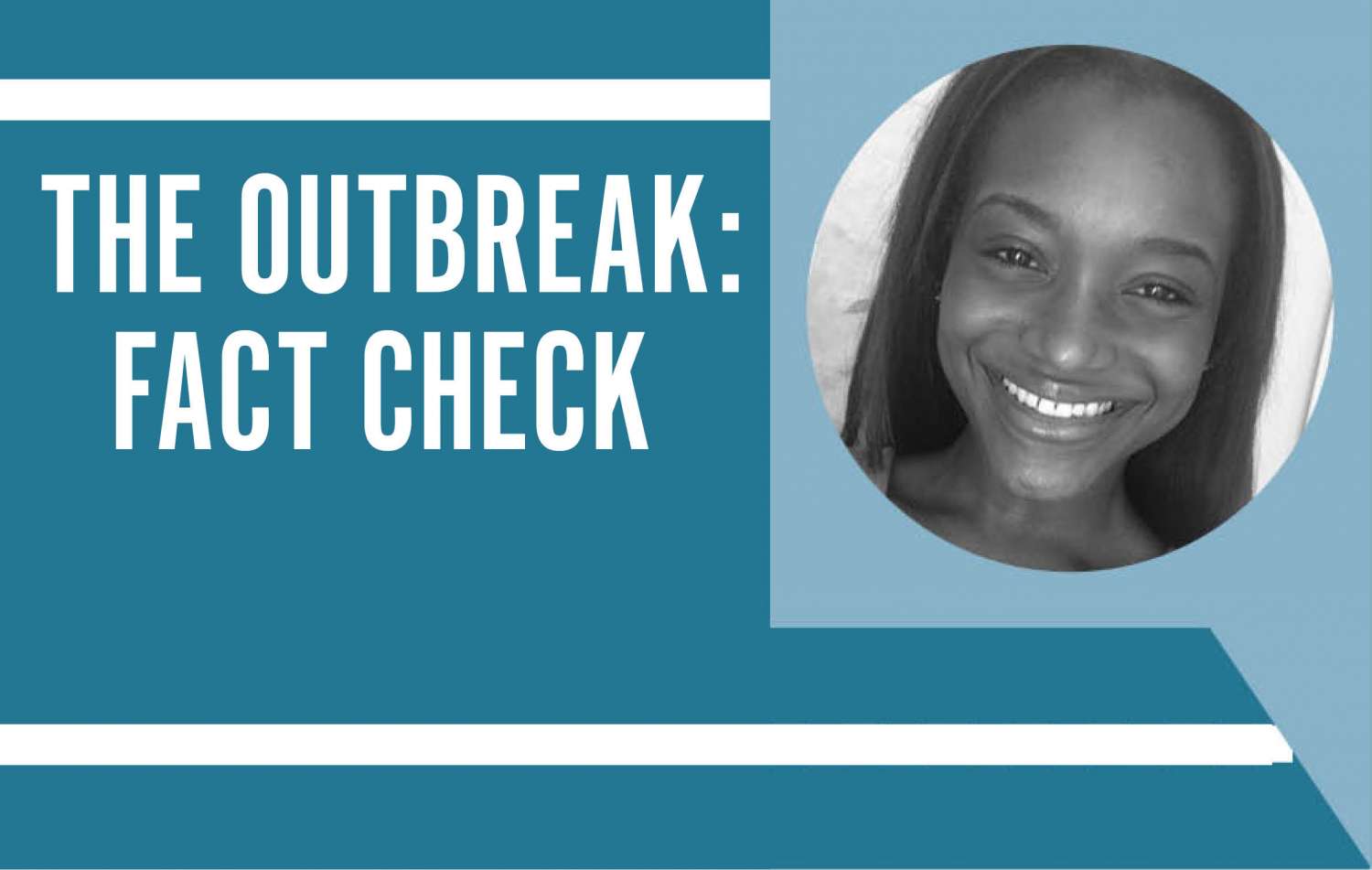Toni-Ann Hall, Staff Writer
Study abroad trips were halted. Airline passengers were panic-stricken. And so much flak was thrown at Africa, because it seemed to be the only place where this deadly, scary disease arose. I can’t remember when I was last made aware of an epidemic that was easily contagious and potentially deadly in my lifetime, and even though Ebola was initially only diagnosed in African regions, it worried me because bodily fluid travels. According to a timeline of events by ABC News, the first Ebola patient in the United States died on Oct. 8 after being diagnosed for only eight days. This meant it was serious, not only on an international level, but on a domestic level as well.
The dissipation of this information didn’t go through easily, and there were attitudes that fell on either end of extremities. Initially, the uproar and blatant contradictions seemed to be rooted in people that just happened to hear the information, and self-elected themselves as proficient in the matter. A CNS News article stated that President Obama said that Ebola can’t be contracted from sitting next to an infected person on a bus. The CDC claimed otherwise in a Traveler’s Health update on Oct. 7, where they stated to “avoid public transportation.” It’s this inconsistency in information being relayed to the public that fuels the ongoing ignorance surrounding this disease. People are behooved to take bits and pieces of information, and run with it, claiming things that have never been confirmed by credible sources.
Social media applications, including Yik Yak, Twitter, Instagram, and Facebook have since been filled with jokes, people proclaiming their newfound stance on germs, on an issue that seems to have no middle ground. Many people are either too lighthearted about it and are joking, or their completely insensitive to the lives that this illness has claimed so far.
Although the unreliability of social media can cause confusion, and further supports lack of proper research, it still proves to be an effective medium of communication. I first found out about Ebola from watching CNN, but I also read different articles, opinions, and personal grievances as a result of society’s online involvement in it. According the CDC.gov website, as of Oct. 7, there have been 4,076 total cases of Ebola, 943 laboratory-confirmed cases, and 2,316 total deaths. Doesn’t sound like too much of a topic worth “Yaking” about in a jokingly manner now, does it?
I have never called myself a “germophobe,” but it’s a term used quite often by others to describe me. Of course I’m not germ-free, but I try hard to stay as sanitary as possible. I personally don’t like touching doorknobs, but to avoid them because of this “high-stake” case of Thomas Eric Duncan, would be ridiculous.
The threat isn’t heavy in the U.S. at this moment, but as with any possible impending dangers, it helps to be watchful and aware. Awareness doesn’t only rely on looking at status and misconstruing that into whatever theory is later developed. If proper research is done, then it will become a much easier feat to not be troubled with fear when something unexpected and lethal occurs.
The same amount of effort that professors expect to be put into research assignments and making effective use of primary, academic sources, should not stop in the classroom. Absorbing false information doesn’t put us at fault, but to share without properly dissecting, understanding, or processing it, is. It does absolutely no good to be obsessed with a problem that is out of our hands. It is unfortunate and sad, but until we are told otherwise by the officials and experts, there’s not much we know. The discrepancy between lack of knowledge while pursuing answers and ignorantly accepting opinions and dramatizations as factual is thin, but differs greatly in the level of competence that we are credited with achieving.


